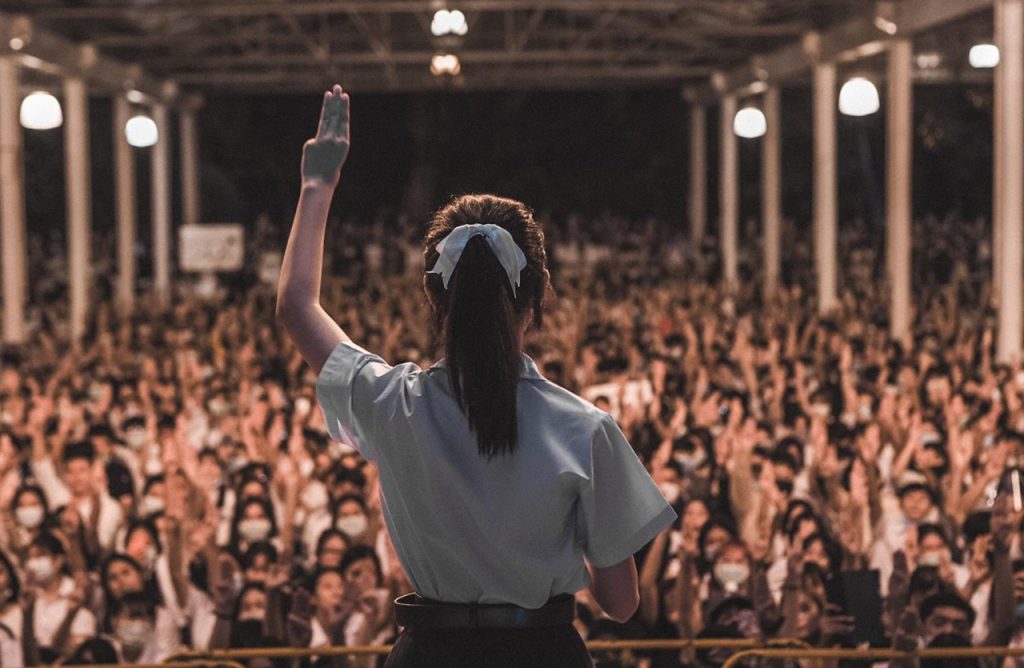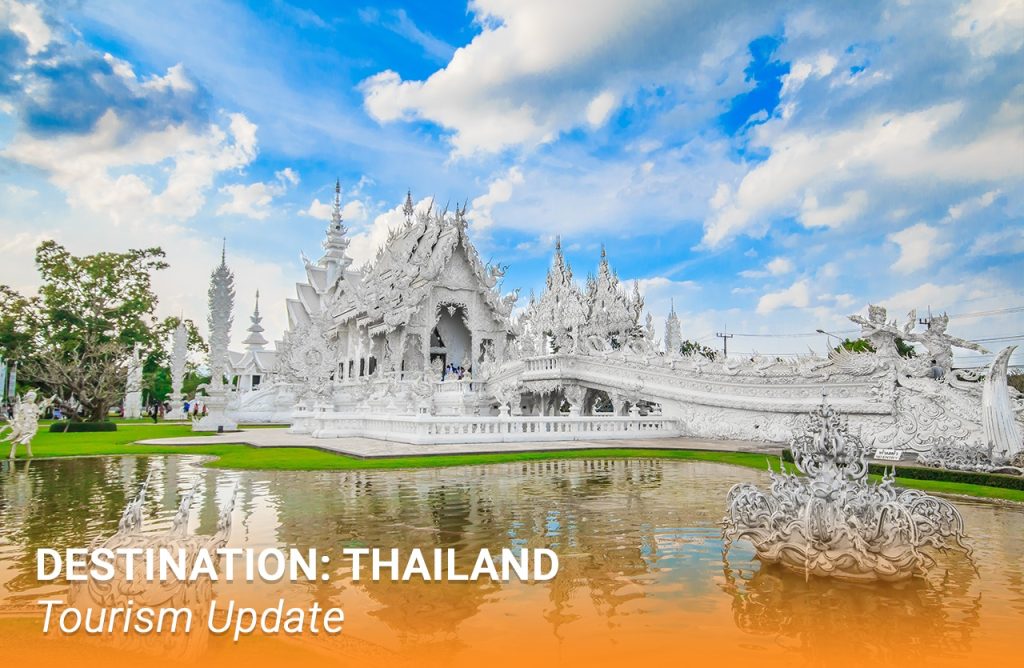
There have been a number of demonstrations in Thailand recently, with protestors calling for Prime Minister Prayut Chan-o-cha to step down, and even some unprecedented criticism of the monarchy. The movement is demanding democratic reforms in Thailand, with an updated constitution that would restrict the wealth, power and impunity of those in power. The following article provides a rundown of what’s happening, why people are protesting, and what the implications could be for tourism. Here are some answers to a few common questions:
What is going on in Thailand?
There’s been a wave of demonstrations going on around Thailand in the last couple of months. Protesters – most of whom are young university students – are advocating changes to the way their country is run. Many are demanding a more democratic system, with power taken away from the authoritarian, military-backed ruling class.
What do the protesters want?
The movement is calling for the dissolution of parliament, reforms in freedom of speech, and for changes to the military-backed constitution. Some have also demanded the Prime Minister to step down, while others have called for reforms to the country’s powerful and wealthy monarchy. Protesters say they are not calling for the abolition of the monarchy, but for it to be modernised.
When did it begin?
The protests first started on university campuses at the beginning of the year following the dissolution of the popular Future Forward opposition party, but were put on hold by the Covid-19 shutdowns. As the movement restrictions have been lifted, people are returning to the streets to pick up their demonstrations.
What is Future Forward?
The Future Forward party was especially popular among young people during last year’s election – a vote that was supposed to return Thailand to democracy following a 2014 military coup, but was instead marred by claims of irregularities and bias towards the military.
What are the latest developments?
The most recent demonstrations in Bangkok were on 18th October, in response to the government’s decision to backtrack on early concessions by delaying a vote on constitutional amendments. On 15th October, the government announced a “severe” state of emergency, which gave additional emergency powers to the authorities, similar to the Emergency Decree instated in March due to Covid-19.
Are the protests linked to Covid-19?
The arrival of the Covid-19 pandemic earlier this year stopped the original demonstrations in their tracks, but only temporarily. Lockdown restrictions have since been imposed nationwide, demonstrating the full power available to the authorities. This, combined with the economic impact of Covid-19, has exacerbated the problems already in place, and made further protests inevitable.
How have the authorities responded to the demands?
The Prime Minister has said he will consider some of the protesters’ demands regarding the constitution, but has reiterated that the monarchy should not be criticised. So far, the Royal Palace has made no comment.
Are the protests a danger to tourism?
No. Most protests have been peaceful, and the demonstrations are directed firmly at the government. Thailand remains a safe and welcoming place for international visitors, who are expected to return very soon.
Panorama Destination will continue to monitor the political situation in Thailand, and will provide updates as soon as new information emerges. For all the latest info, please head over to our social media channels, or feel free to contact the Bangkok office directly.
Facebook | Instagram | LinkedIn | Twitter
Note: Image sourced from Thai Enquirer





